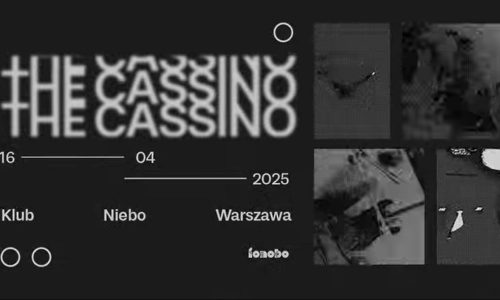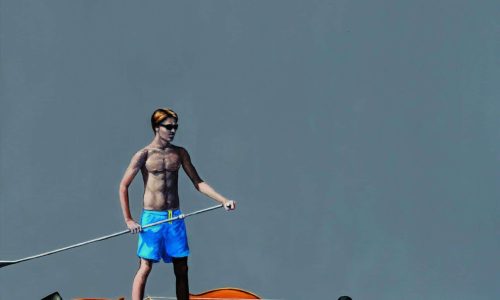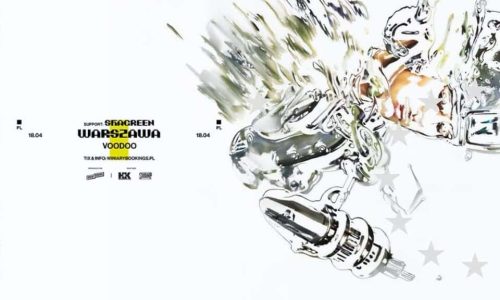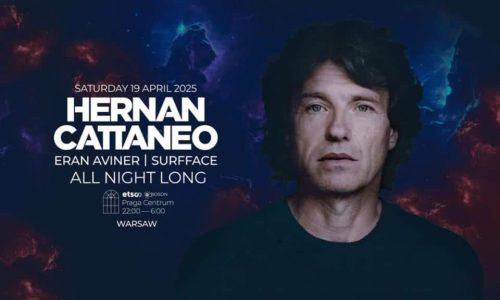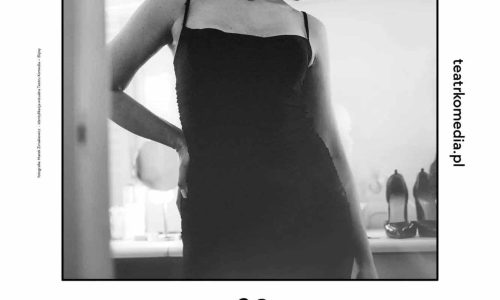Join us for the premiere of an art installation prepared by Aleksandra Ołdak, with music by Nina Fukuoka. The evening's programme includes a meeting with Zofia Hartman and Piotr Pazinski around the book Sugihara's List and a chamber music concert.
Why the ROAD DŌ?
- dō in Japanese means 'way', and in many languages it is also associated with the first note of the gama. The Polish-Japanese wordplay 'droga dō' thus means 'musical route', in this particular case a refugee route leading through Poland and Lithuania to Japan and Israel.
DŌ memory
The story of Polish and European Jews, saved thanks to the cooperation of diplomats Jan Zwardijk, Chiune Sugihara and Tadeusz Romer combining deep humanism and civil courage, is worth telling. It is a story that does not belong to a single hero, nation or state. The work of remembrance brings to life the 'motes of humanity' (a term used in testimonies by Sugihara) and answers Marian Turski's call: "don't be indifferent".
DŌ sound
Sound does not need an interpreter, a historian or an anthropologist to live. When one silver watch remains after the presence of several thousand refugees in Tsuruga, Japan, we turn to music that interprets and narrates their experience.
Installation DŌ
The visual layer of the installation, prepared by Aleksandra Ołdak, is an attempt to investigate the process of collective memory formation. Nina Fukuoka's music implies the migration of performers in the installation space, an experience of movement and uncertainty at the same time, relying entirely on microtonal structures - elusive and subject to constant change.
The premiere of the installation DROGA DŌ is a prelude to an international music festival of the same title, the first edition of which is planned for 2025. The project is led by flutist, co-founder and board member of the oto-foundation - Ania Karpowicz, winner of the Paszport Polityki award in the category Serious Music 2020.































